
View From Arada | Apr 22,2022
Jul 10 , 2021
By Christian Tesfaye
There are two types of human beings. One is found in the Global North - increasingly these days, it includes South Asian countries, which have managed to begin moving in lockstep with the industrialised economies of the world.
This Global North has a great deal going for it. It solved agricultural poverty over a century ago, thanks to scientific marvels such as the Haber process that allowed for the mass production of fertilisers. Today, this section of the human population is looking forward to the Fourth Industrial Revolution. The industries and markets that are believed to dominate its economies going forward are cloud computing, rapid analysis of genomes, cryptocurrencies and digital payment systems, space exploration and tourism, electric vehicles and artificial intelligence. It seems that the 21st century may well be the most extraordinary frontier for the pioneers of industrialisation and all those that have managed to catch up, such as Japan, China and South Korea.
Then there is the Global South. This is not an apt term. It explains a geographical location, but it says nothing about differences in socio-economic circumstances. The part of the world that is really being left behind is not South Asia, the Middle East, or even Africa north of the Sahara. The situation of sub-Saharan Africa is genuinely peculiar.
Take, for instance, the indicator that is often quoted by those in development circles eager to toot the horns of globalisation: the number of people around the world living in extreme poverty decreased by one billion between 1990 and 2015. Indeed, it has. It fell from 1.9 billion to around 730 million people. Not bad at all.
The only problem is that this poverty reduction was concentrated in just China, and to an extent India. It is an entirely different story for sub-Saharan Africa. Sure, the proportion of people living in extreme poverty has fallen by about 10 percentage points. Unfortunately, as a result of a population explosion, 433 million Africans were living under this poverty line in 2018, nearly double the 284 million figure in 1990. The rapid pace at which poverty was reduced in China was so fast it has managed to hide the increase in sub-Saharan Africa.
What is perhaps most astonishing is that as cereal yields tripled across the world as a result of what is nothing less than an agricultural revolution, such as hybrid seeds, fertilisers and improved planting practice, there has barely been any growth in this regard for over six decades in sub-Saharan Africa.
Matters are not improving either. While the world looks to recover well enough from the COVID pandemic-wrought global economic recession, Africa may be seeing the start of its fall.
"COVID-19 will push an additional five to 29 million below the extreme poverty line. If the impact of the pandemic is not limited by 2021, an additional 59 million people could suffer the same fate, which would bring the total number of extremely poor Africans to 514 million people," stated the UN Economic Commission for Africa (ECA).
In Nigeria, Africa’s most populous country, two million people were expected to fall into poverty even before the burden of COVID-19. The pandemic will be expected to bring this figure upwards to seven million. The continent’s second-most populous country, Ethiopia, is expected to see two million people fall into poverty this year as a result of COVID-19, armed conflict, locust invasion and flooding.
It is not a pretty picture, but it could yet get far uglier. As the rest of the world pulls itself out of the COVID-19 pandemic – Africa may not finish vaccinating by 2023 – and looks to productivity unleashing opportunities such as green growth, AI revolution, bio-tech and the space industry, our continent may continue to slump.
We have yet to figure out how groups with different lingo-cultural identities can tolerate each other, which does not seem close at hand as violent conflicts are increasing across the continent. We also have to grapple with high population growth within economies that are not nearly productive. Global warming will add fuel to the fire – a price paid most severely by Africans for the centuries of industrialisation that led to the wealth of present-day developed countries. It will make arable land scarce and create extreme weather conditions.
The Europeans used to call sub-Saharan Africa the “dark continent,” mainly because they had carried out so little exploration in the region that they knew almost nothing about it. If Africans cannot band together, ensure that their youthful population can become productive and change the narrative, it will still be called the “dark continent,” this time because everyone else knows how bad we have it here.
PUBLISHED ON
Jul 10,2021 [ VOL
22 , NO
1106]


View From Arada | Apr 22,2022

Commentaries | Mar 13,2021

Commentaries | Oct 08,2022

Verbatim | Jan 23,2021
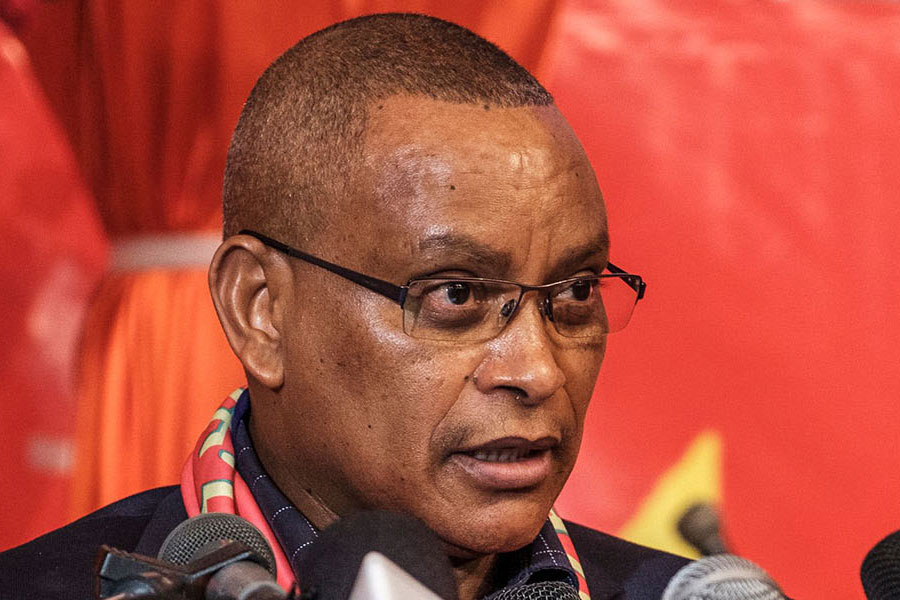
Addis Fortune | Aug 25,2024

Fortune News | Sep 18,2021
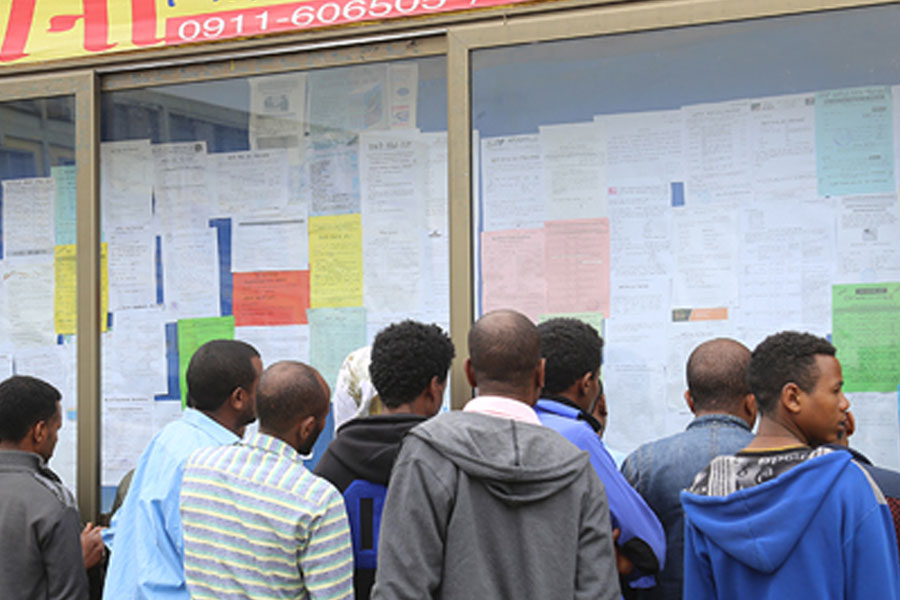
View From Arada | Apr 02,2022
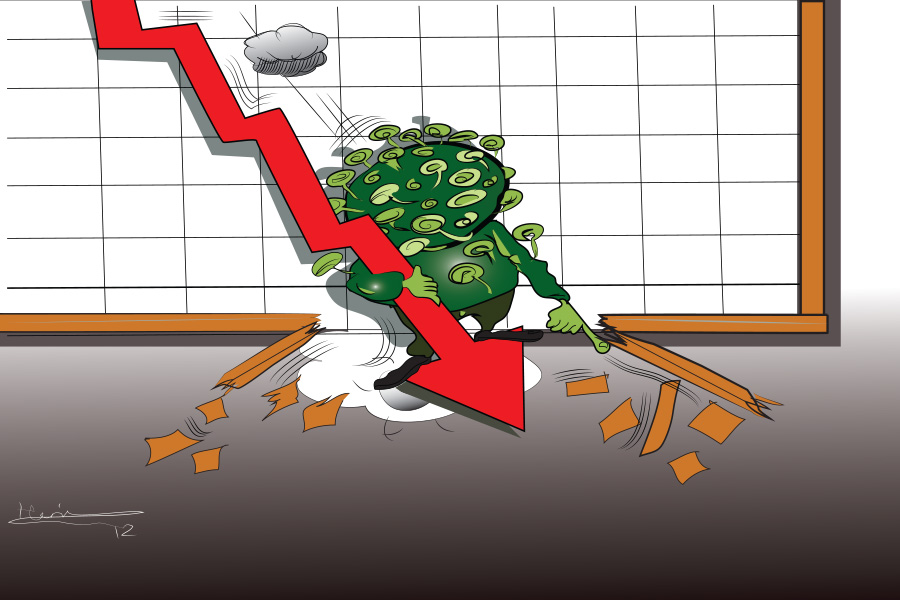
Editorial | Mar 28,2020
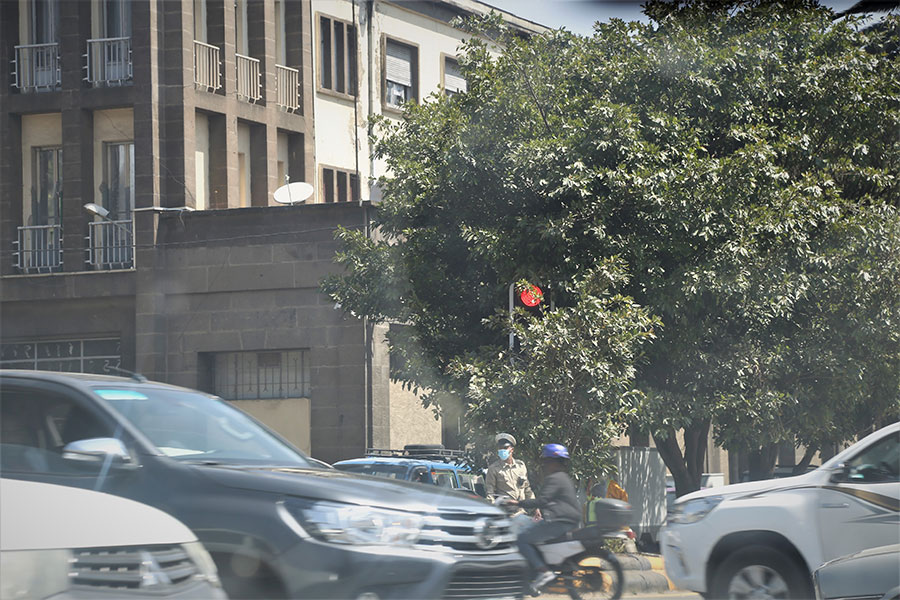
Radar | Nov 13,2021
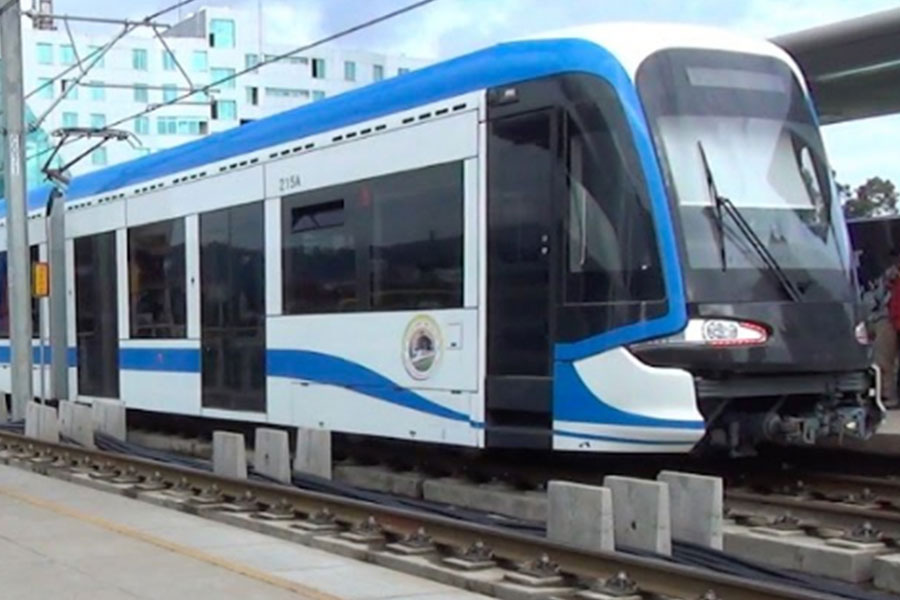
Fortune News | May 15,2021

My Opinion | 131497 Views | Aug 14,2021

My Opinion | 127853 Views | Aug 21,2021

My Opinion | 125831 Views | Sep 10,2021

My Opinion | 123461 Views | Aug 07,2021

Dec 22 , 2024 . By TIZITA SHEWAFERAW
Charged with transforming colossal state-owned enterprises into modern and competitiv...

Aug 18 , 2024 . By AKSAH ITALO
Although predictable Yonas Zerihun's job in the ride-hailing service is not immune to...

Jul 28 , 2024 . By TIZITA SHEWAFERAW
Unhabitual, perhaps too many, Samuel Gebreyohannes, 38, used to occasionally enjoy a couple of beers at breakfast. However, he recently swit...

Jul 13 , 2024 . By AKSAH ITALO
Investors who rely on tractors, trucks, and field vehicles for commuting, transporting commodities, and f...

Jun 28 , 2025
Meseret Damtie, the assertive auditor general, has never been shy about naming names...

Jun 21 , 2025
A well-worn adage says, “Budget is not destiny, but it is direction.” Examining t...

Jun 14 , 2025
Yet again, the Horn of Africa is bracing for trouble. A region already frayed by wars...

Jun 7 , 2025
Few promises shine brighter in Addis Abeba than the pledge of a roof for every family...

Jun 29 , 2025
Addis Abeba's first rains have coincided with a sweeping rise in private school tuition, prompting the city's education...

Jun 29 , 2025 . By BEZAWIT HULUAGER
Central Bank Governor Mamo Mihretu claimed a bold reconfiguration of monetary policy...

Jun 29 , 2025 . By BEZAWIT HULUAGER
The federal government is betting on a sweeping overhaul of the driver licensing regi...

Jun 29 , 2025 . By NAHOM AYELE
Gadaa Bank has listed 1.2 million shares on the Ethiopian Securities Exchange (ESX),...